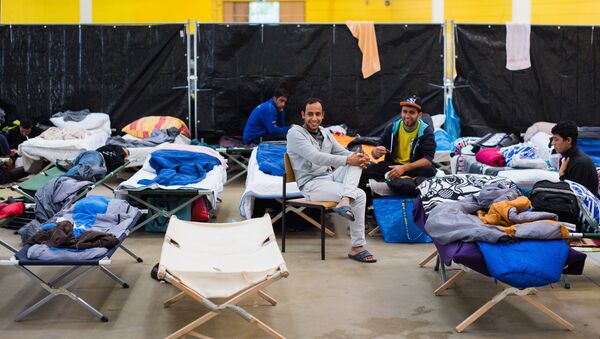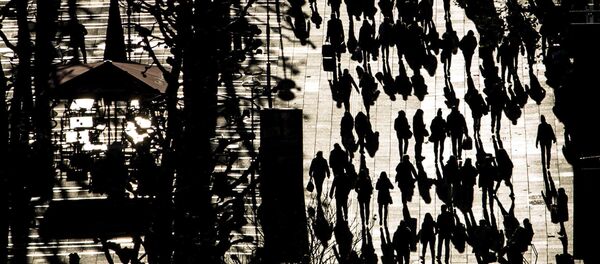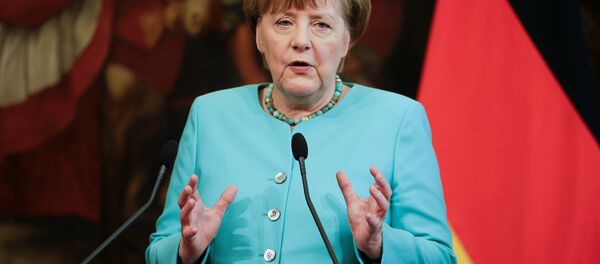"The number of refugees is decreasing. The number of those eligible for deportation grows… The word 'cap' [on migration] does not bring more safety, but more police do," Kloeckner told Die Welt newspaper.
According to Kloeckner, an upper limit is determined naturally by the capacities of the society and host communities and having "a number cast in stone" is not helpful.
Kloeckner stated that new US President Donald Trump presented "a challenge," but added that German Chancellor and CDU leader Angela Merkel "led Germany and Europe through many other crises."
Kloeckner criticized Trump's recent executive order "Protecting the Nation From Foreign Terrorist Entry Into the United States," which blocked refugees coming to the United States for 120 days; indefinitely suspended the entry of Syrian refugees; and restricted immigration from Iran, Iraq, Libya, Somalia, Sudan and Yemen for 90 days.
"We [Europe] do not ban people because of their faith… With us, it is a matter of law. With Trump, it is a matter of the mood," Kloeckner noted.
The chancellor's "open door" migration policy has been criticized by the far-right and even by the CDU sister party, the Christian Social Union in Bavaria (CSU), which leans toward restriction of the immigration.
The concerns about the influx of migrants and refugees were buoyed by the terrorist attack in Berlin, which occurred on December 19, 2016. The suspected perpetrator, 24-year-old Tunisian national Anis Amri, drove a truck into a crowd at a Christmas market in the center of the German capital, fled the scene, but was shot dead a few days later by police in Milan, Italy.
Germany has for several years been one of the top European destinations for thousands of refugees and immigrants. Some 280,000 refugees came to Germany in 2016, compared to 890,000 arrivals in the previous year, according to the German Interior Ministry. The majority of the asylum seekers are from Syria and Afghanistan.





